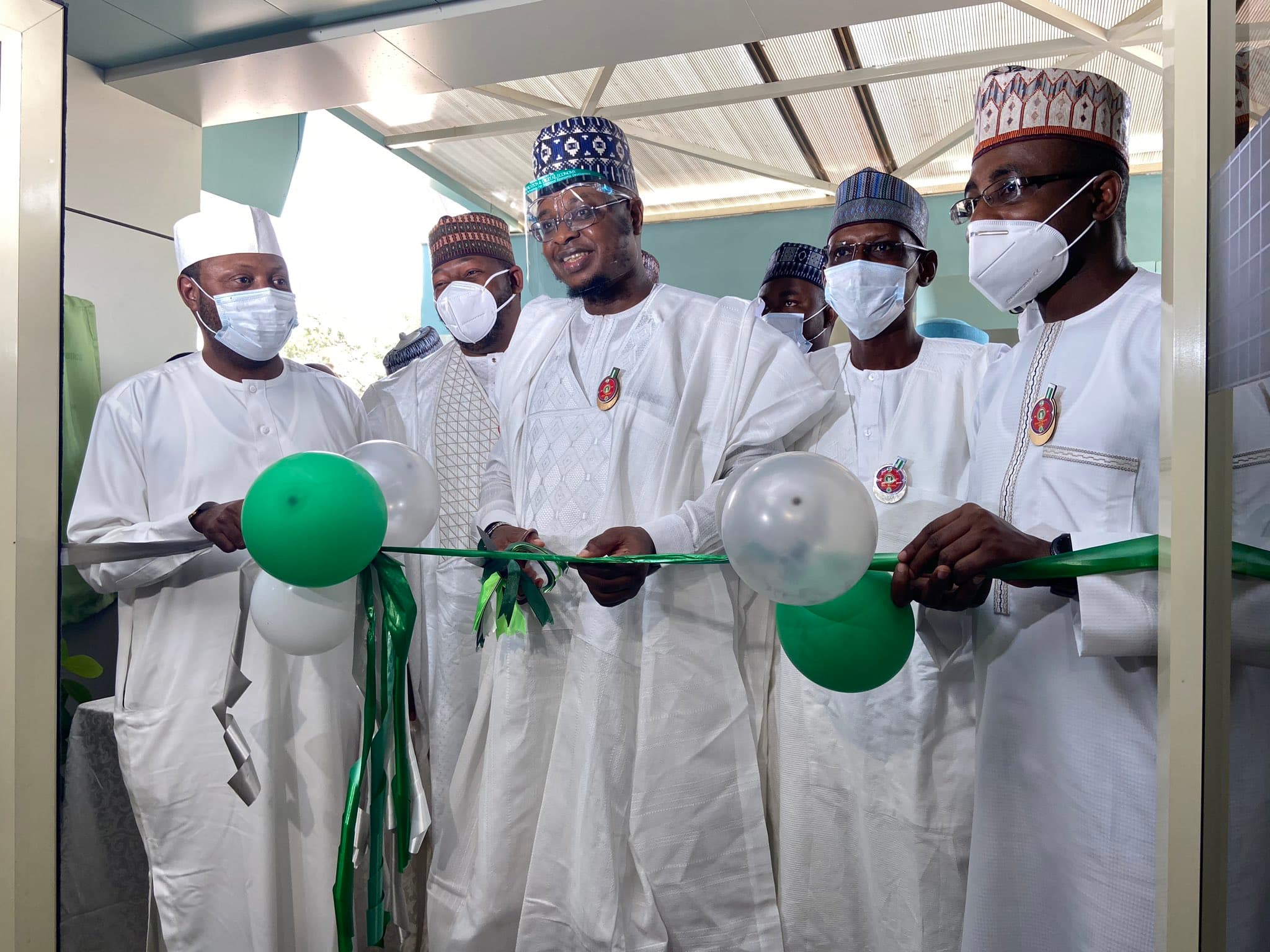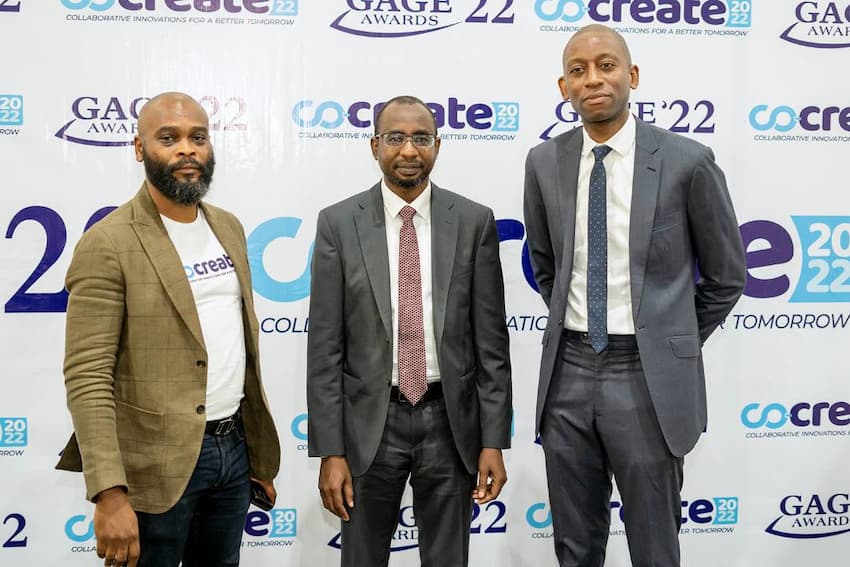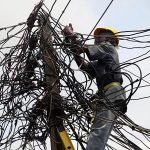The Minister of Communications and Digital Economy, Dr Isa Pantami, has defined Artificial Intelligence (AI) as the refinery of a digital economy.
He made this remark on Friday during the commissioning of the National Centre for Artificial Intelligence & Robotics in Abuja.
The Centre is built to foster emerging technologies in preparing Nigeria for the Fourth Industrial Revolution.
Inside the National Centre for Artificial Intelligence and Robotics commissioned by the Honourable Minister @FMoCDENigeria @DrIsaPantami, at Wuye Abuja.#DigitalNigeria pic.twitter.com/HC3wochWCb
— NITDA Nigeria (@NITDANigeria) November 13, 2020
Pantami said that the Centre would promote 7 out of the 8 pillars of the National Digital Economy Policy and Strategy for a Digital Nigeria.
He said, “Robotics is the facilitator of a digital economy, and Artificial Intelligence is the refinery of a digital economy.”
Laying a solid foundation for the digital transformation of Nigeria
FCT Minister and Chairman of the occasion, Muhammad Musa Bello, said that the Centre opens up a space for the broader sector of the society.
“I am a living witness to the tremendous transformation of the ICT sector and the digital environment.
ALSO READ: FG Approves Digital Identity For IDPs
“What we are doing today is laying a very solid foundation for the digital transformation of this country.
“This is the first Centre that I am visiting that is public sector driven out of the other private sector I have visited and it opens up a space for the wider sector of the society,” he said.
A milestone in the digital economy’s journey
In his address, the Director-General, National Information Technology Development Agency (NITDA), Kashifu Abdullahi, thanked President Muhammadu Buhari for the feat.
The journey started when the president expanded the ministry’s mandate to cover the digital economy.

On November 28, 2019, President Buhari launched and unveiled the National Digital Economy Policy and Strategy (NDEPS) for a digital Nigeria.
According to the President, the development of Nigeria’s digital economy will facilitate the diversification of the economy.
This Digital Economy Policy and Strategy document is based on the FMoCDE’s 8-pillars for the acceleration of the National Digital Economy for a Digital Nigeria. The 8 pillars are:
- Developmental Regulation;
- Digital Literacy & Skills;
- Solid Infrastructure;
- Service Infrastructure;
- Digital Services Development & Promotion;
- Soft Infrastructure;
- Digital Society & Emerging Technologies; and
- Indigenous Content Development & Adoption.
Furthermore, Abdullahi stressed that NITDA focuses on providing support for viable innovations with socio-economic impact as well as a level playing field for all Nigerians to thrive in.



















 and then
and then